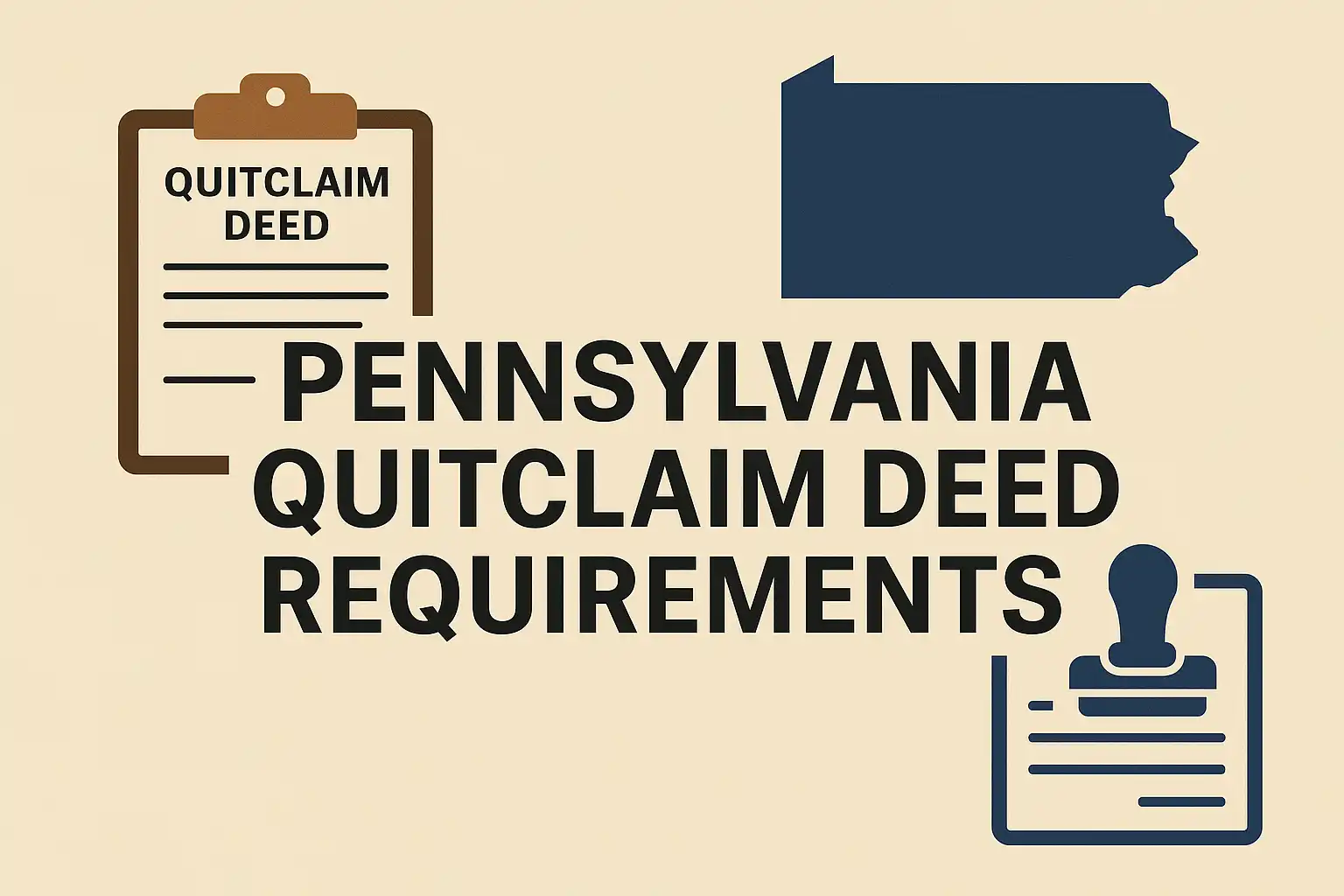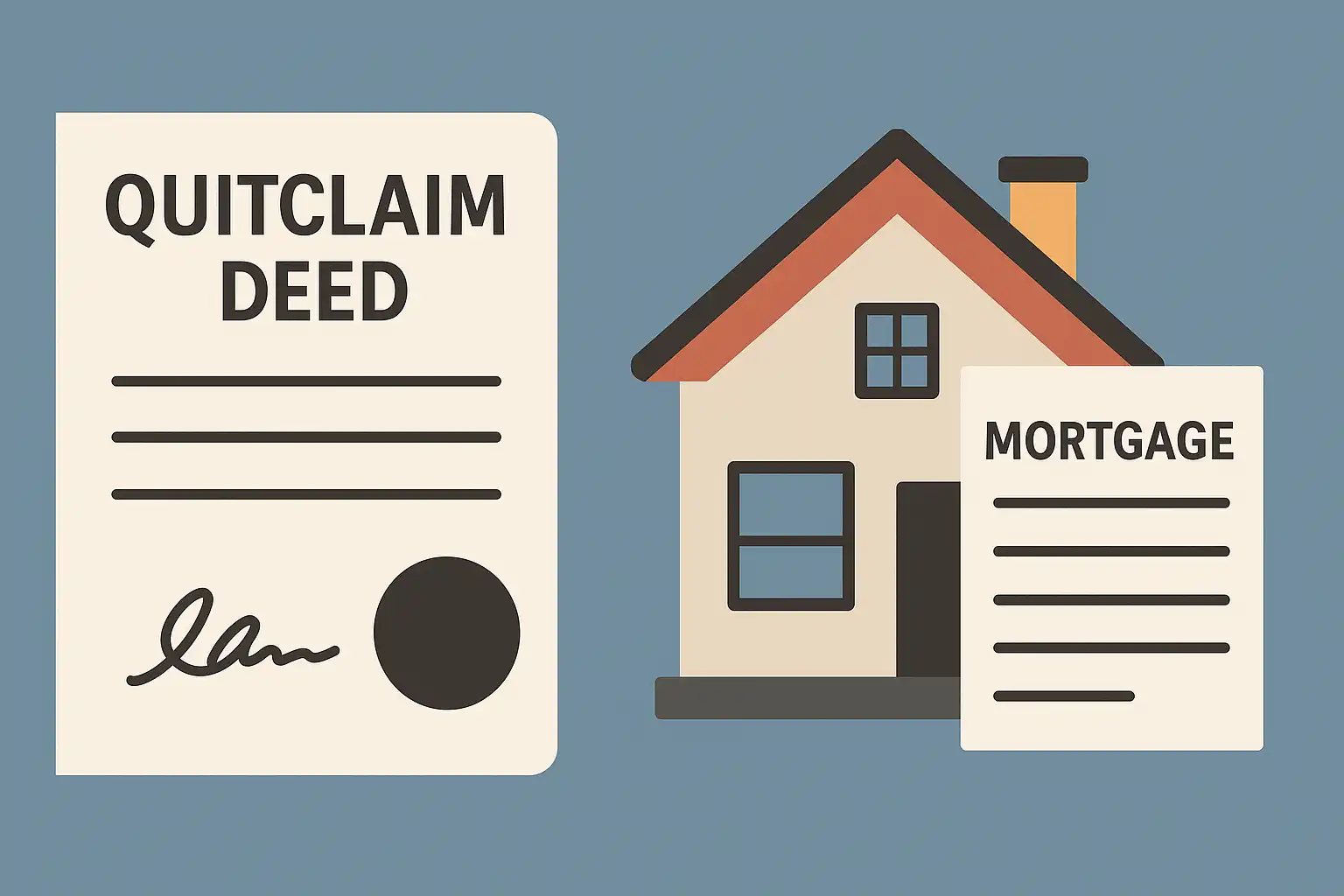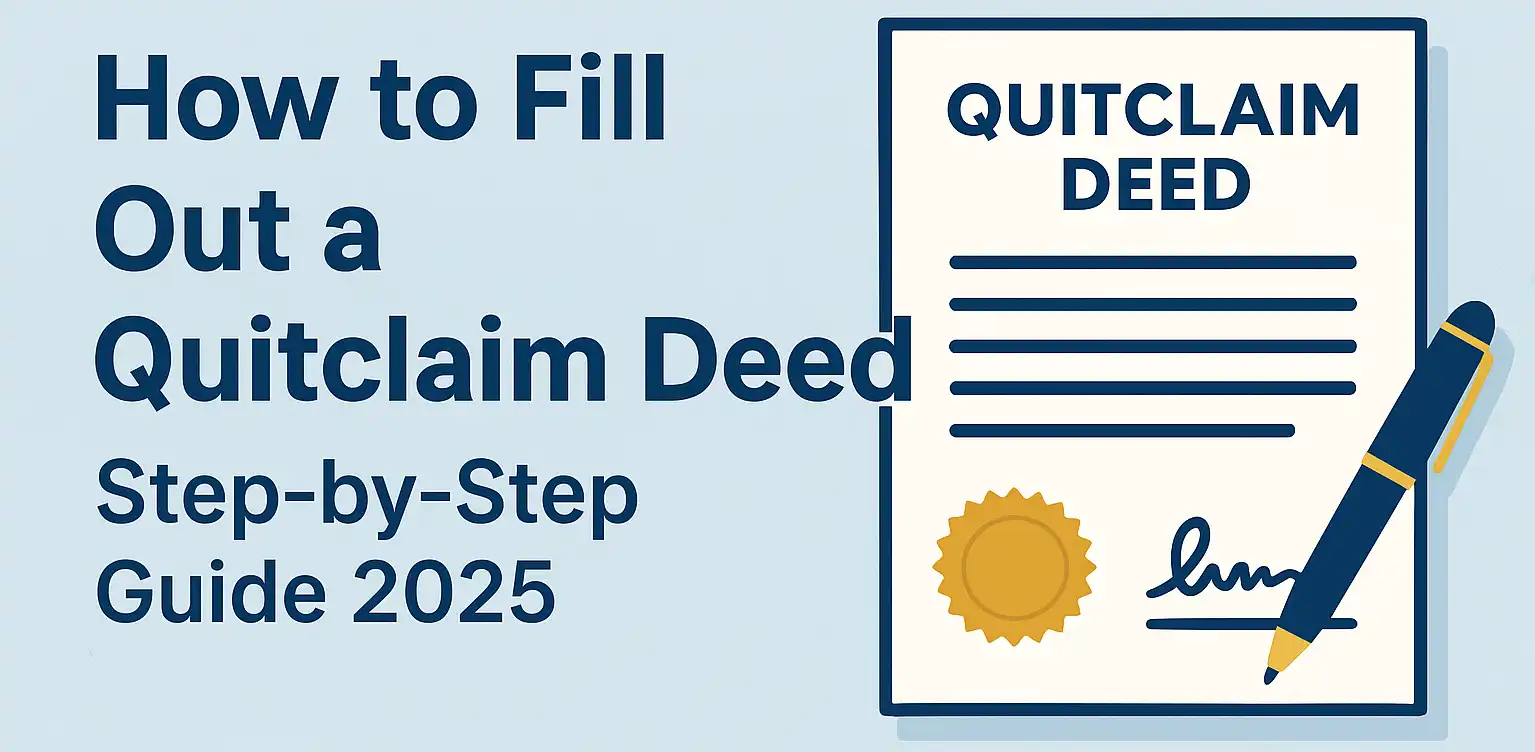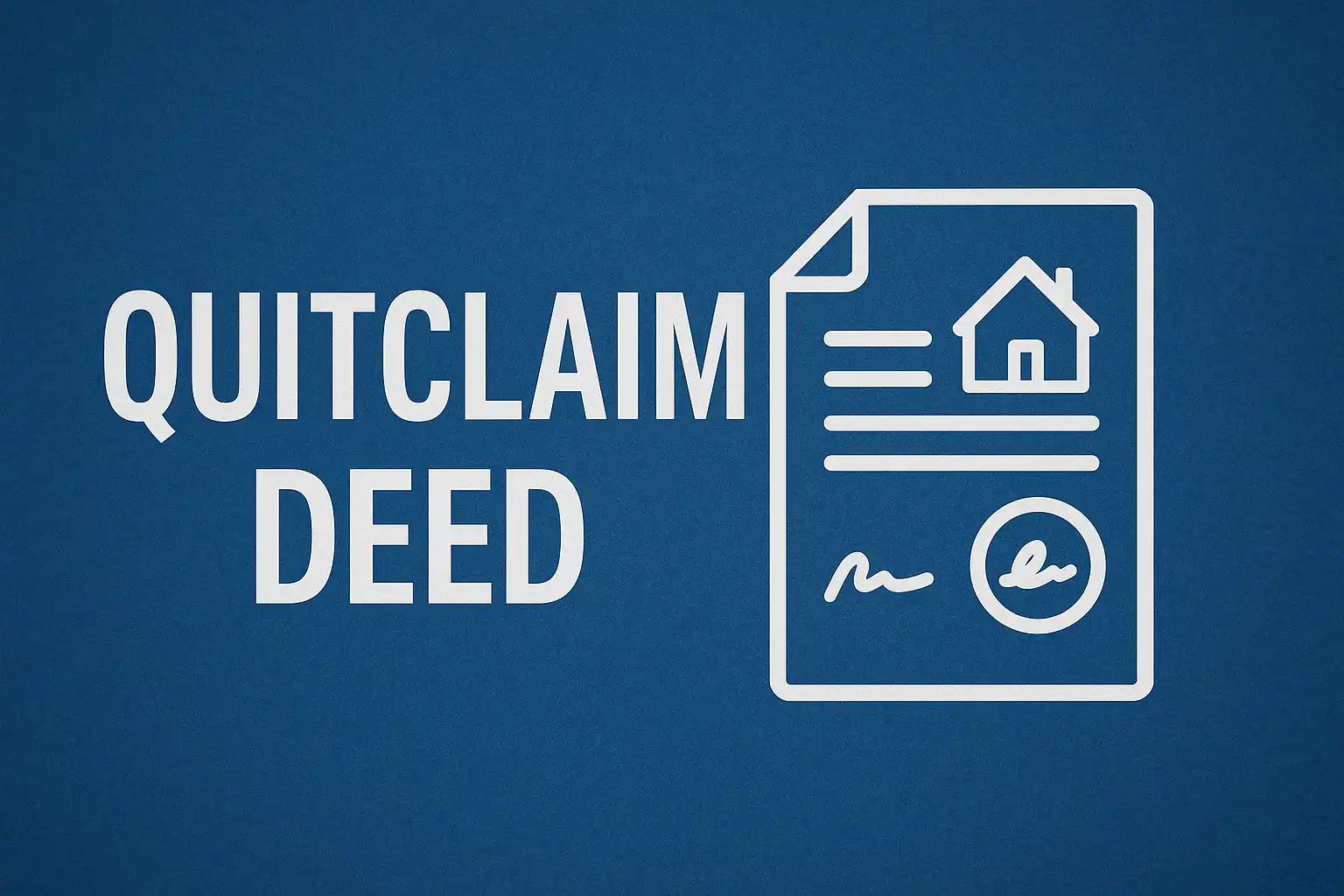
Pennsylvania’s diverse real estate market, serving over 13 million residents as the fifth-largest state by population, requires thorough understanding of property transfer procedures that blend traditional common law with modern statutory requirements. From the urban centers of Philadelphia and Pittsburgh to rural agricultural regions, Pennsylvania processes thousands of quitclaim deed transactions monthly across its 67 counties.
The Commonwealth’s legal framework operates under Pennsylvania Consolidated Statutes Title 20 (Decedents, Estates and Fiduciaries) and various recording statutes that govern property transfers. Pennsylvania’s unique approach combines elements of both notice and race-notice recording systems depending on the type of instrument and county practices, creating a complex legal landscape that demands precision in execution and recording.
Pennsylvania’s property law includes distinctive features such as tenancy by the entirety protections for married couples, comprehensive transfer tax obligations that vary by municipality, and specific acknowledgment requirements that differ from many neighboring states. Whether facilitating family transfers, divorce settlements, estate planning strategies, or business transactions, Pennsylvania quitclaim deeds must navigate intricate statutory requirements and local recording procedures.
The state operates through elected Registers of Wills and Recorders of Deeds in each county, with some counties maintaining combined offices while others operate separate recording functions. This decentralized system, combined with Pennsylvania’s municipal transfer tax authorities and comprehensive disclosure requirements, creates a regulatory environment where understanding both state law and local procedures proves essential for successful transactions.
(more…)


